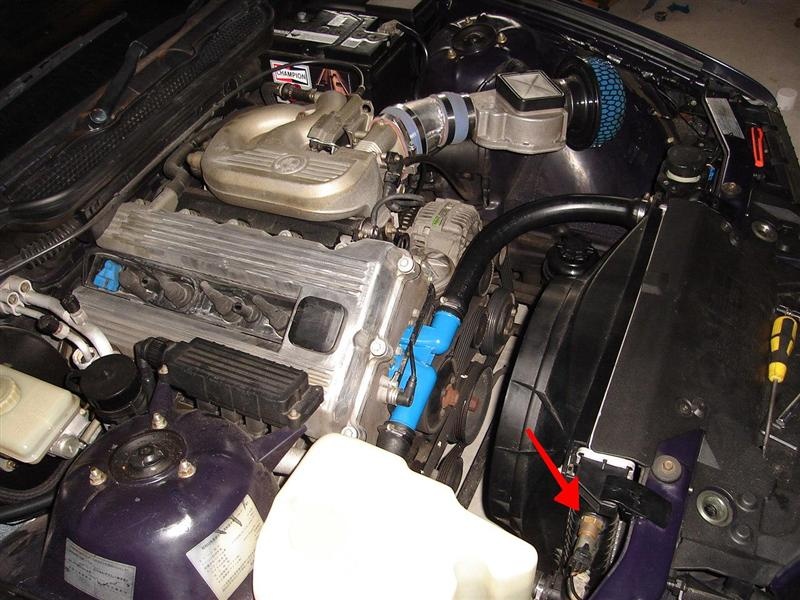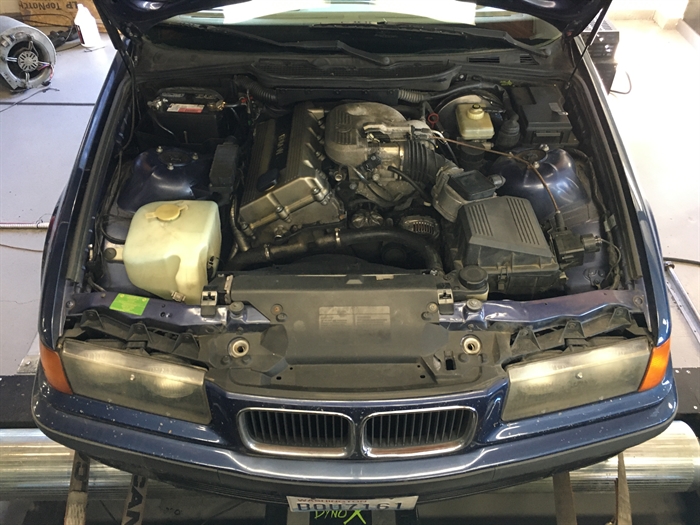BMW 318ti: A Timeless Compact with Timeless Charm
BMW 318ti: A Timeless Compact with Timeless Charm
Blog Article
Vital Factors To Consider for Selecting the Finest Engine for Your Demands
In the world of picking the ideal engine to fulfill your demands, a number of important variables demand careful factor to consider to ensure ideal performance and performance. From the nuanced balance between power and efficiency to the often-overlooked facets of maintenance and service requirements, each facet plays a critical function in figuring out the most suitable engine for your certain needs.
Power and Efficiency
When reviewing engines for optimum efficiency, it is crucial to prioritize both power result and effectiveness. Power output gauges the ability of an engine to generate power, which directly influences its performance. A high power result is crucial for demanding jobs such as sturdy applications or high-speed demands. It guarantees that the engine can handle the work properly and effectively. Power alone is not enough; efficiency plays a substantial function in determining the overall performance of an engine. Performance refers to exactly how well the engine transforms fuel into usable power. A more reliable engine will certainly supply much better gas mileage, lower exhausts, and minimized operating prices. Striking the ideal balance between power outcome and effectiveness is vital to choosing an engine that fulfills your specific requirements. It is necessary to consider factors such as the meant use the engine, ecological effect, and long-lasting price effects when making this decision. By carefully examining both power and efficiency, you can select an engine that delivers optimal efficiency and satisfies your requirements efficiently.
Gas Effectiveness and Economic Situation
In the world of engine choice, the factor to consider of gas efficiency and economic climate holds vital value. Gas performance refers to the engine's ability to convert gas into power with very little waste, directly affecting operating expense and environmental sustainability. bmw 318ti. When selecting an engine, evaluating its gas economic situation is critical to figure out long-term cost savings and ecological effect. Engines with higher fuel performance not just decrease fuel expenditures but also lower carbon discharges, adding to a greener operation.

Compatibility and Application
Taking into consideration the fuel effectiveness and economic climate of an engine, the next essential facet to address is its compatibility and application within specific operational contexts. Compatibility refers to how well the engine integrates with the overall system or devices it powers.
Various engines are created for certain purposes, whether it be industrial machinery, marine vessels, automobiles, or power generators. Recognizing the designated application enables for the choice of an engine that can provide the required power result, torque, and functional attributes.
Maintenance and Service Needs
Maintenance and service demands play a crucial role in ensuring the long life click this site and ideal efficiency of an engine. Regular maintenance is necessary to avoid break downs, prolong the life expectancy of the engine, and preserve its performance. When choosing an engine, it is essential to think about the maker's suggested maintenance routine and the schedule of service facilities or qualified technicians.
Variables such as the frequency of oil adjustments, filter replacements, and total assessments can dramatically influence the engine's performance. Some engines might call for even more frequent maintenance based upon their design and usage, while others may have longer periods in between upkeep checks. It is essential to follow these solution demands to prevent pricey fixings and unexpected downtime.

Cost and Budget Plan Considerations
When choosing an engine for a particular application,Budget plan restraints often play a significant role in the decision-making procedure. When considering the price and budget plan ramifications of picking an engine, it is important to evaluate not only the initial purchase cost yet additionally the long-term expenses linked with upkeep, gas intake, and potential upgrades or repair services. It is crucial to strike an equilibrium in between the ahead of time price of the engine and its total lifecycle expenses to make sure that the picked click here for info engine continues to be monetarily lasting throughout its functional lifespan.
Factors such as gas longevity, integrity, and effectiveness can directly influence the complete expense of possession of an engine. While an extra pricey engine might have higher ahead of time expenses, it can potentially result in reduced maintenance and gas expenses over time, therefore providing better value in the long run.
Final Thought

Fuel effectiveness refers to the engine's capacity to convert fuel into energy with minimal waste, straight impacting operating expenses and environmental sustainability.Factors influencing gas efficiency consist of engine layout, burning effectiveness, and general performance optimization. In addition, picking the appropriate gas type and grade as advised by the engine maker can additionally enhance performance and prolong engine lifespan.
Engines with excellent service functions and readily available parts can reduce maintenance expenses and lessen the time the engine is out of operation - bmw 318ti. It is essential to strike an equilibrium between the ahead of time price of the engine and its overall lifecycle costs to make certain that the chosen engine continues to be economically sustainable throughout its operational life expectancy
Report this page